Google Chrome gears up for built-in Gemini Nano AI
Early testing of Gemini Nano begins in Chrome
3 min. read
Published on
Read our disclosure page to find out how can you help Windows Report sustain the editorial team. Read more

At Google I/O 2024, Google announced plans to integrate its lightweight AI model, Gemini Nano, into the Chrome browser for desktops. This integration aims to enable on-device AI functionalities within Chrome, potentially offering several benefits.
Google Starts early testing
Google has already begun work on integrating Gemini Nano. One aspect of this is the “Prompt API for Gemini Nano” being explored in Chrome Canary. This flag is currently intended for developers and focuses on exploring potential use cases, not a finished feature for all users.
Currently, Chrome users can access Gemini capabilities through the Gemini website, which allows them to submit prompts and receive outputs. Chrome also offers a “Chat with Gemini” shortcut in the address bar that simply redirects users to the Gemini website.
Gemini Nano in Chrome
As mentioned above, Chrome on desktops and laptops will gain access to Gemini Nano in addition to the existing website functionality. Google has already started testing the Prompt API for Gemini Nano.
Benefits of On-Device AI
- Faster Performance: Processing tasks locally with Gemini Nano can potentially lead to faster response times and a smoother user experience, especially for users with limited internet bandwidth.
- Offline Functionality: Certain AI-powered features might become accessible even when you’re offline, which is beneficial for situations without internet access.
- Privacy Advantages: Data processing happening entirely on your device could offer some privacy benefits compared to cloud-based models.
What to Expect from Gemini Nano in Chrome
While specific details haven’t been released, Chrome developers have mentioned potential use cases for Gemini Nano:
- Summarization: Make long web pages shorter and easier to understand
- Rephrasing: Help you rewrite sentences or paragraphs to make them clearer.
- Classification: Organizing information based on relevant categories.
Limitations of the Prompt API
Google has revealed that the Gemini Nano Prompt API is not suitable for use cases that require factual accuracy, such as answering knowledge questions.

The Prompt API for the Gemini Nano flag provides the following details
Enables the exploratory Prompt API, allowing you to send natural language instructions to a built-in large language model (Gemini Nano in Chrome). Exploratory APIs are designed for local prototyping to help discover potential use cases, and may never launch. These explorations will inform the built-in AI roadmap [1].
This API is primarily intended for natural language processing tasks such as summarizing, classifying, or rephrasing text. It is NOT suitable for use cases that require factual accuracy (e.g. answering knowledge questions). You must comply with our Prohibited Use Policy [2] which provides additional details about appropriate use of Generative AI. – Mac, Windows, Linux, ChromeOS, Android, Lacros
In the future, we can expect to learn more details about how Gemini Nano works in Chrome and how users will interact with it.
Summary: Chrome might be getting a built-in AI assistant! A new flag hints at Google’s plans to integrate Gemini Nano for summarizing webpages, rephrasing text, and more – all within the browser.

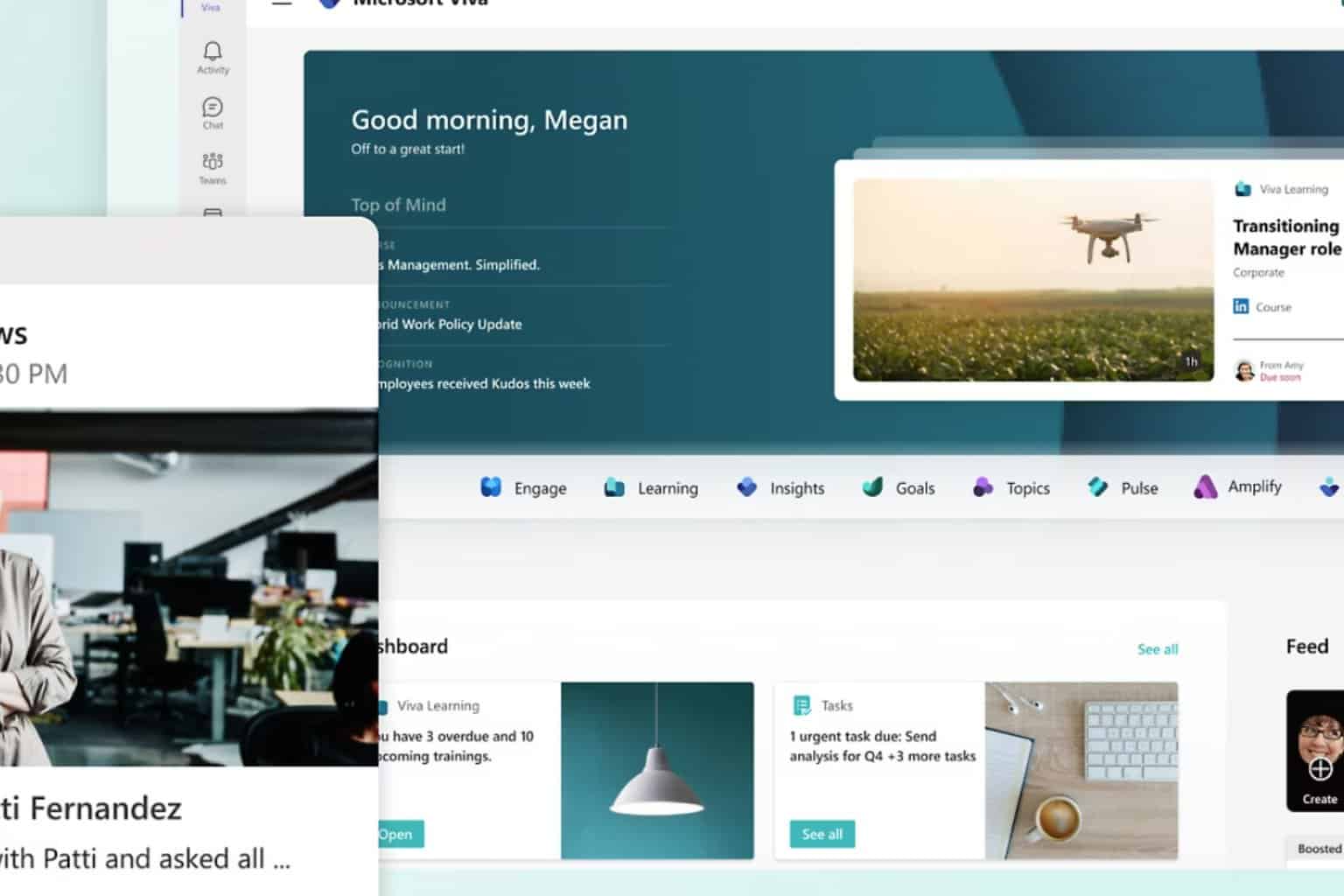

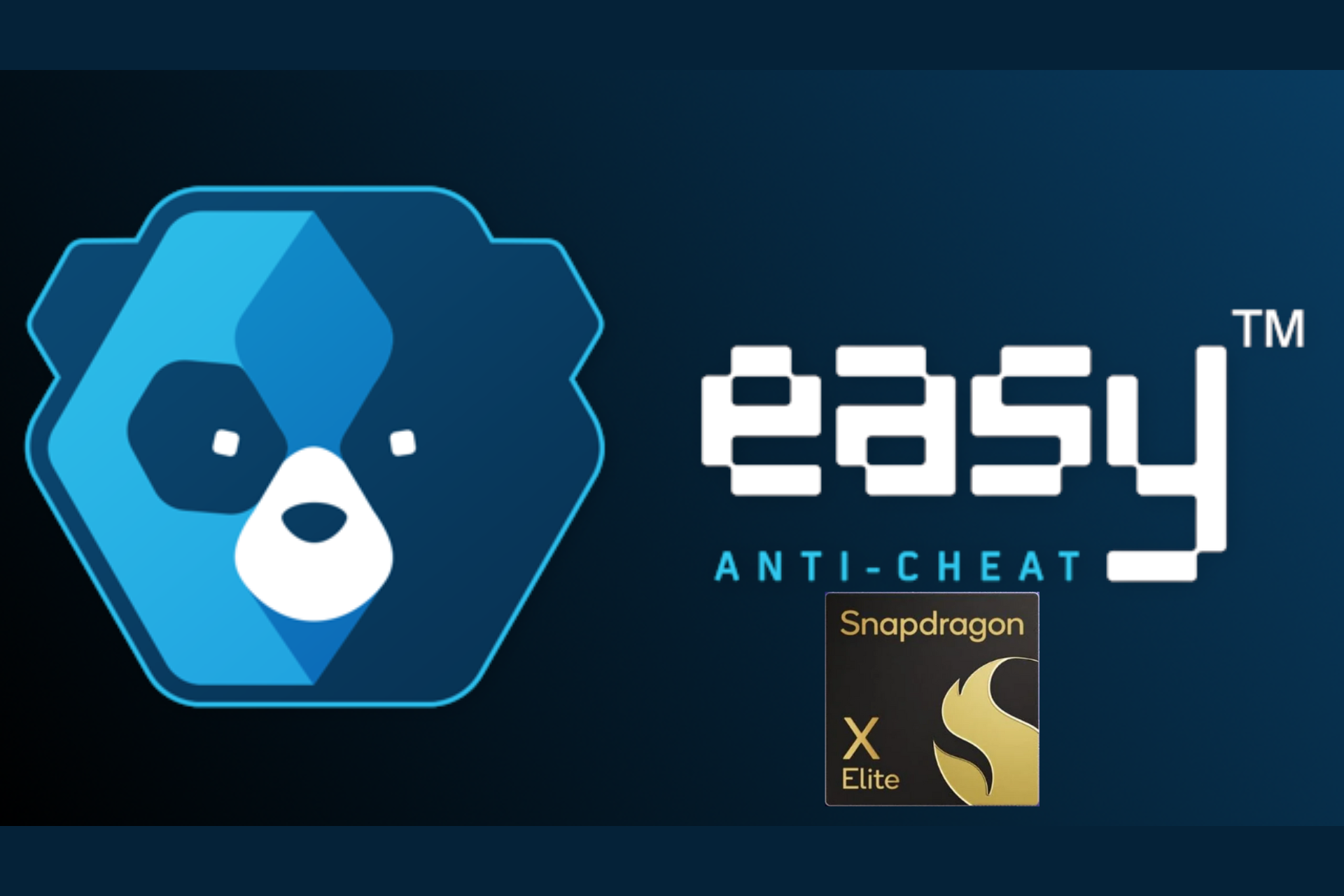
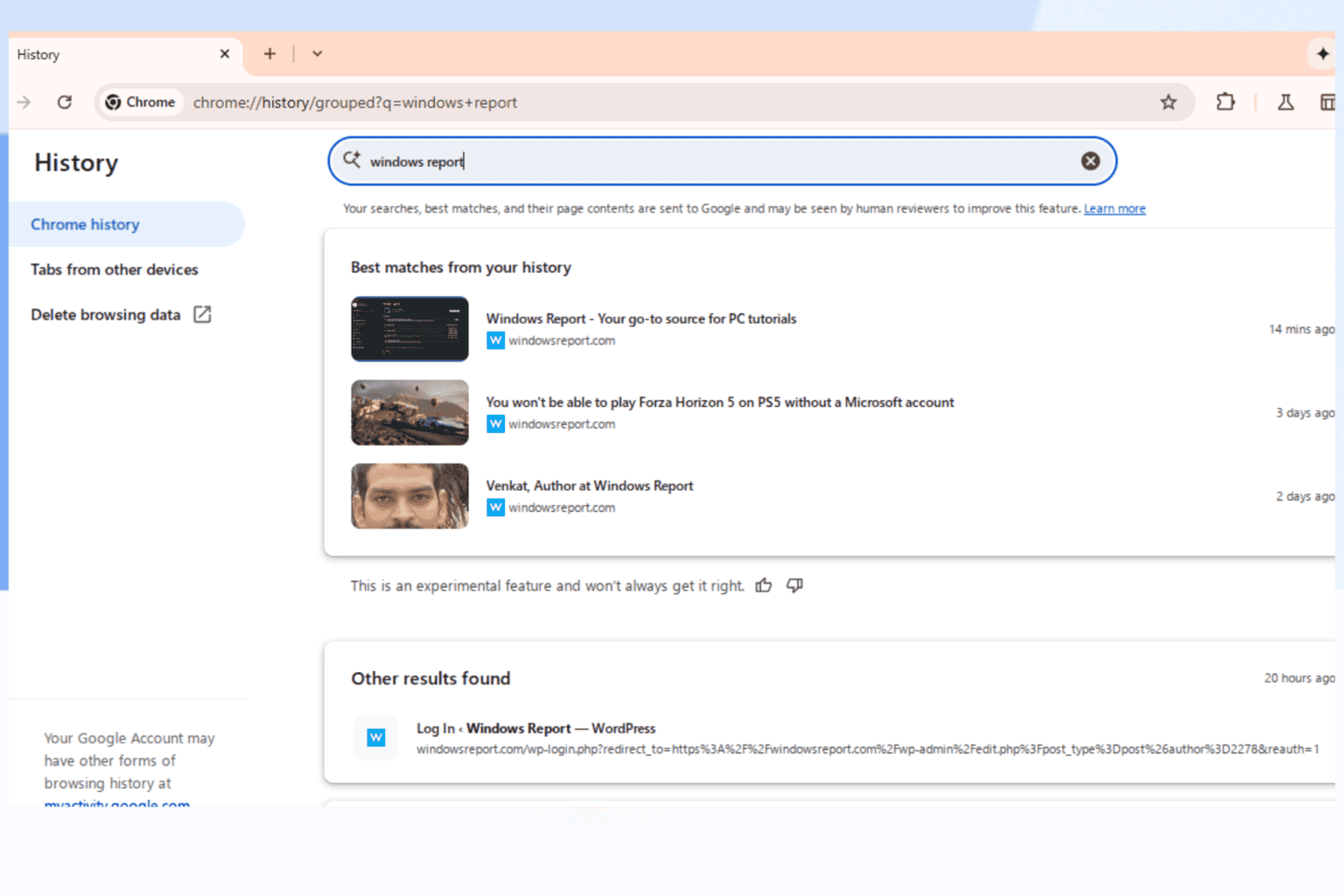
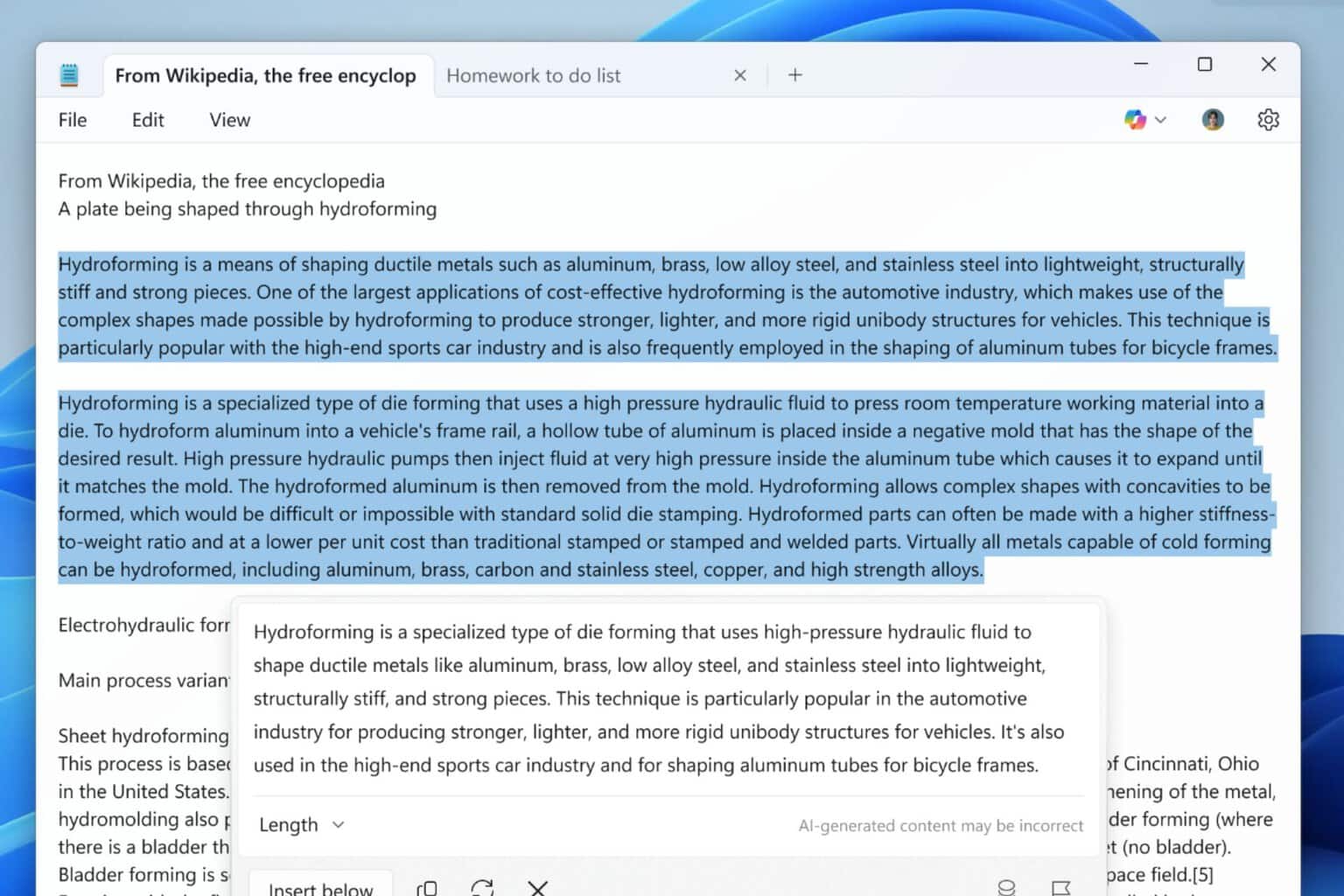
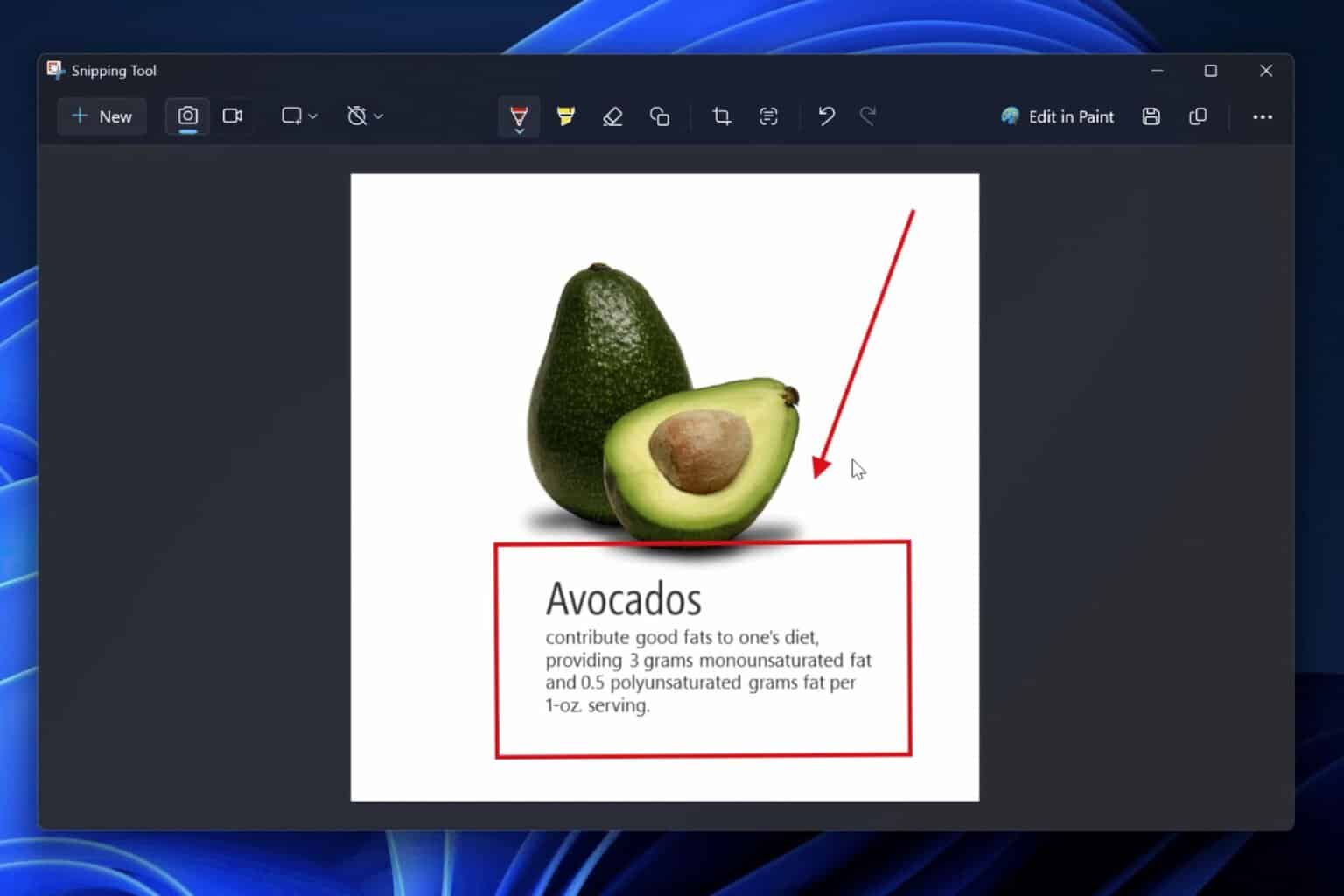
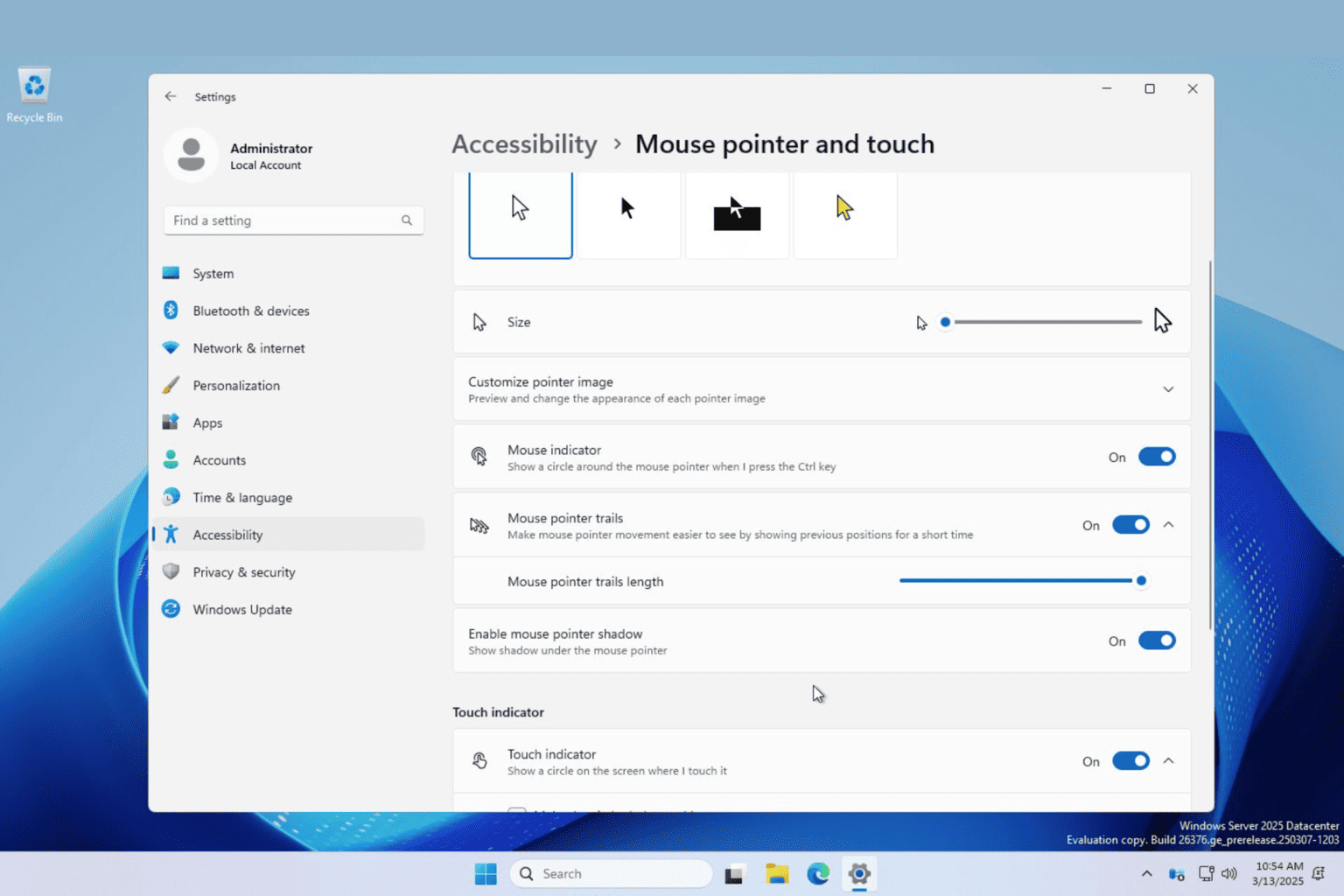
User forum
0 messages